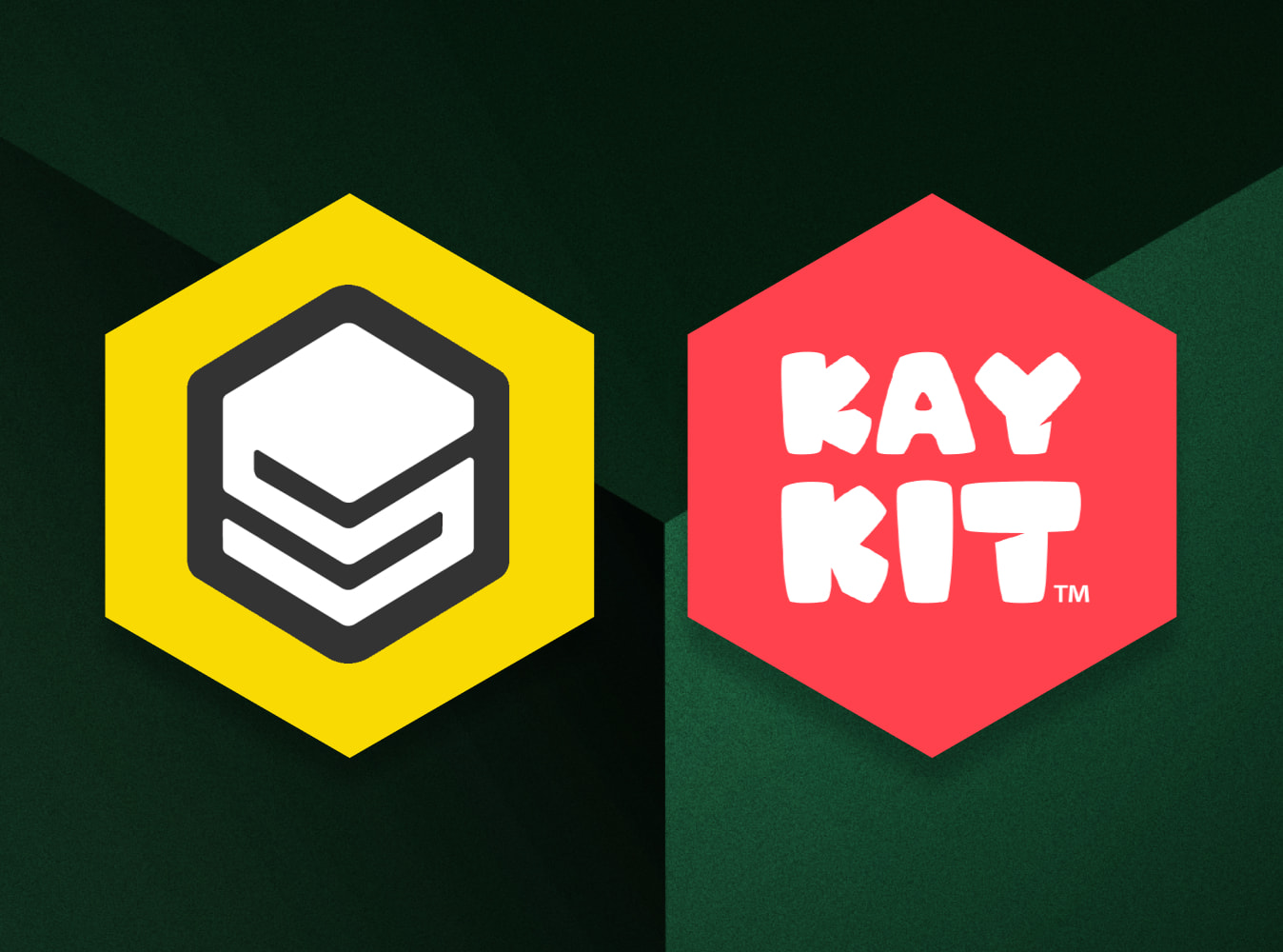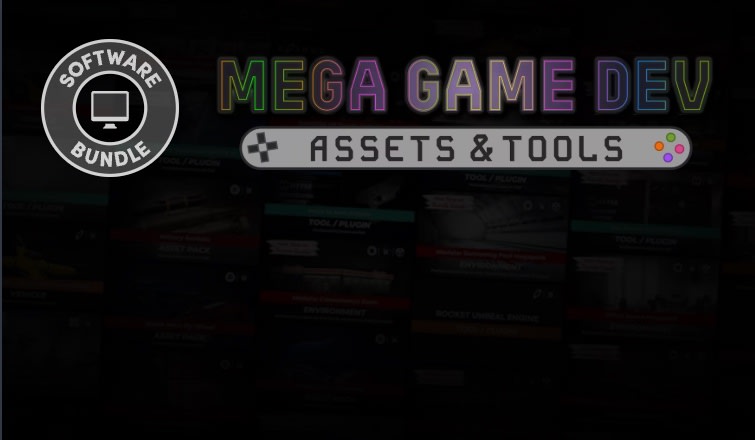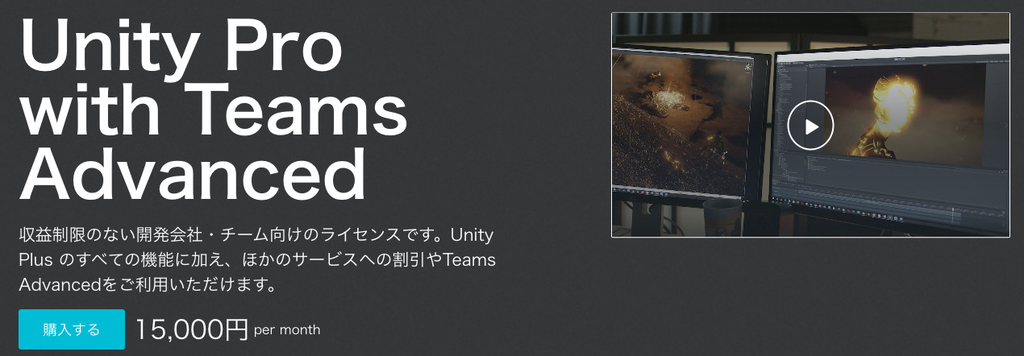
Swarm leverages the Job System for highly performant, parallelized BOIDS. Featuring both waypoint and directional movement modes, it offers scalable behaviors with performance even in large swarms.Swarm is an advanced, high-performance flocking simulation tool built specifically to leverage Unity’s Job System. It is designed to handle the heavy computational load of simulating hundreds or thousands of boids with minimal performance overhead, making it perfect for games or simulations featuring large-scale groups of autonomous agents such as birds, fish, or any other flocking entities.The system features highly optimized, parallelized processing to ensure smooth and efficient real-time simulations, even on lower-end hardware. By distributing the boid calculations across multiple threads using Unity's Job System, Swarm achieves fast and scalable flocking behavior that remains performant under heavy loads.Key Features:Optimized for Performance and Scalability: Swarm takes full advantage of Unity’s Job System, allowing the flocking behaviors (separation, alignment, cohesion) to be processed in parallel across multiple CPU cores. This parallelization provides significant performance gains, handling thousands of boids with ease while maintaining smooth gameplay and interactions.Flocking Behavior: Implementing the core flocking principles of separation, alignment, and cohesion, the Swarm Flocking System creates highly realistic flocking dynamics. Boids interact with each other in real-time, adjusting their positions to maintain the cohesion of the flock while avoiding crowding, and aligning their movements with nearby boids.Customizable Movement Modes: Swarm offers two distinct movement modes—Waypoint and Directional:Waypoint Mode: Boids navigate toward a series of waypoints, perfect for creating guided paths or patrol patterns.Directional Mode: Boids follow a specified direction, allowing for linear or global movement patterns. Each movement mode can be combined with flocking behavior, offering flexibility and control over how your boids move in the environment.Custom Editor with Visual Tweaks: The system includes a user-friendly, custom Unity editor with dynamic field visibility based on selected movement modes. Sliders are provided to easily adjust key parameters such as separation, alignment, and cohesion weights, as well as maximum speed, boundary force, and more. This makes it easy to tune the system without delving into code.Waypoint-Based Navigation: Using Waypoint Mode, boids can follow a series of predefined waypoints, making it ideal for creating patrol paths, group movements, or even guided AI behavior. A waypoint attraction weight allows you to control how strongly boids are drawn toward each waypoint.Boundary and Homing Mechanics: Swarm also includes boundary support, allowing you to define a 3D space within which the boids will move. If boids stray too far, a boundary force can steer them back into the defined area. Additionally, homing mechanics ensure that if a boid strays too far from the flock’s center of mass, it will be gently pulled back to maintain group cohesion.Scalable for Large Numbers of Boids: Whether your project involves small groups or thousands of boids, Swarm Flocking System handles them with ease. The parallelized nature of the Job System ensures that even with large boid counts, the flocking simulation remains smooth and responsive.Customizable Boundary and Flocking Settings: The flocking behaviors, boundary forces, and homing mechanisms are all highly customizable through the inspector, giving you full control over how boids interact with each other and the environment.Cross-Platform Optimization: Swarm’s performance-centric design ensures that it works smoothly on multiple platforms, including desktop, mobile, and even WebGL builds, making it ideal for a wide range of Unity projects.Use Cases:Massive Flocks: Create realistic simulations with thousands of birds, fish, or insects that flock together in large numbers with no significant impact on performance.AI Agents: Swarm can be adapted to control groups of NPCs or AI characters that need to follow realistic movement patterns and respond dynamically to their surroundings.Path Following: Use Waypoint Mode to set up paths or patrols for AI-driven characters or units, while ensuring that they maintain realistic flocking behaviors.Why Choose Swarm Flocking System?Whether you’re developing a game, an interactive simulation, or an application that requires massive flocking behaviors, Swarm offers the perfect balance between performance, scalability, and ease of use. By taking full advantage of Unity’s Job System, Swarm ensures that even large-scale flocking behaviors can be implemented smoothly, with minimal performance cost.With its customizable behaviors, simple editor interface, and ability to handle thousands of boids in real time, Swarm is the ultimate solution for any project requiring flocking simulations.Key Features:Optimized for Performance and Scalability: Swarm takes full advantage of Unity’s Job System, allowing the flocking behaviors (separation, alignment, cohesion) to be processed in parallel across multiple CPU cores. This parallelization provides significant performance gains, handling thousands of boids with ease while maintaining smooth gameplay and interactions.Flocking Behavior: Implementing the core flocking principles of separation, alignment, and cohesion, the Swarm Flocking System creates highly realistic flocking dynamics. Boids interact with each other in real-time, adjusting their positions to maintain the cohesion of the flock while avoiding crowding, and aligning their movements with nearby boids.Customizable Movement Modes: Swarm offers two distinct movement modes—Waypoint and Directional:Waypoint Mode: Boids navigate toward a series of waypoints, perfect for creating guided paths or patrol patterns. Directional Mode: Boids follow a specified direction, allowing for linear or global movement patterns. Each movement mode can be combined with flocking behavior, offering flexibility and control over how your boids move in the environment.Custom Editor with Visual Tweaks: The system includes a user-friendly, custom Unity editor with dynamic field visibility based on selected movement modes. Sliders are provided to easily adjust key parameters such as separation, alignment, and cohesion weights, as well as maximum speed, boundary force, and more. This makes it easy to tune the system without delving into code.Waypoint-Based Navigation: Using Waypoint Mode, boids can follow a series of predefined waypoints, making it ideal for creating patrol paths, group movements, or even guided AI behavior. A waypoint attraction weight allows you to control how strongly boids are drawn toward each waypoint.Boundary and Homing Mechanics: Swarm also includes boundary support, allowing you to define a 3D space within which the boids will move. If boids stray too far, a boundary force can steer them back into the defined area. Additionally, homing mechanics ensure that if a boid strays too far from the flock’s center of mass, it will be gently pulled back to maintain group cohesion.Scalable for Large Numbers of Boids: Whether your project involves small groups or thousands of boids, Swarm Flocking System handles them with ease. The parallelized nature of the Job System ensures that even with large boid counts, the flocking simulation remains smooth and responsive.Customizable Boundary and Flocking Settings: The flocking behaviors, boundary forces, and homing mechanisms are all highly customizable through the inspector, giving you full control over how boids interact with each other and the environment.Cross-Platform Optimization: Swarm’s performance-centric design ensures that it works smoothly on multiple platforms, including desktop, mobile, and even WebGL builds, making it ideal for a wide range of Unity projects.Promo images & documnetation








